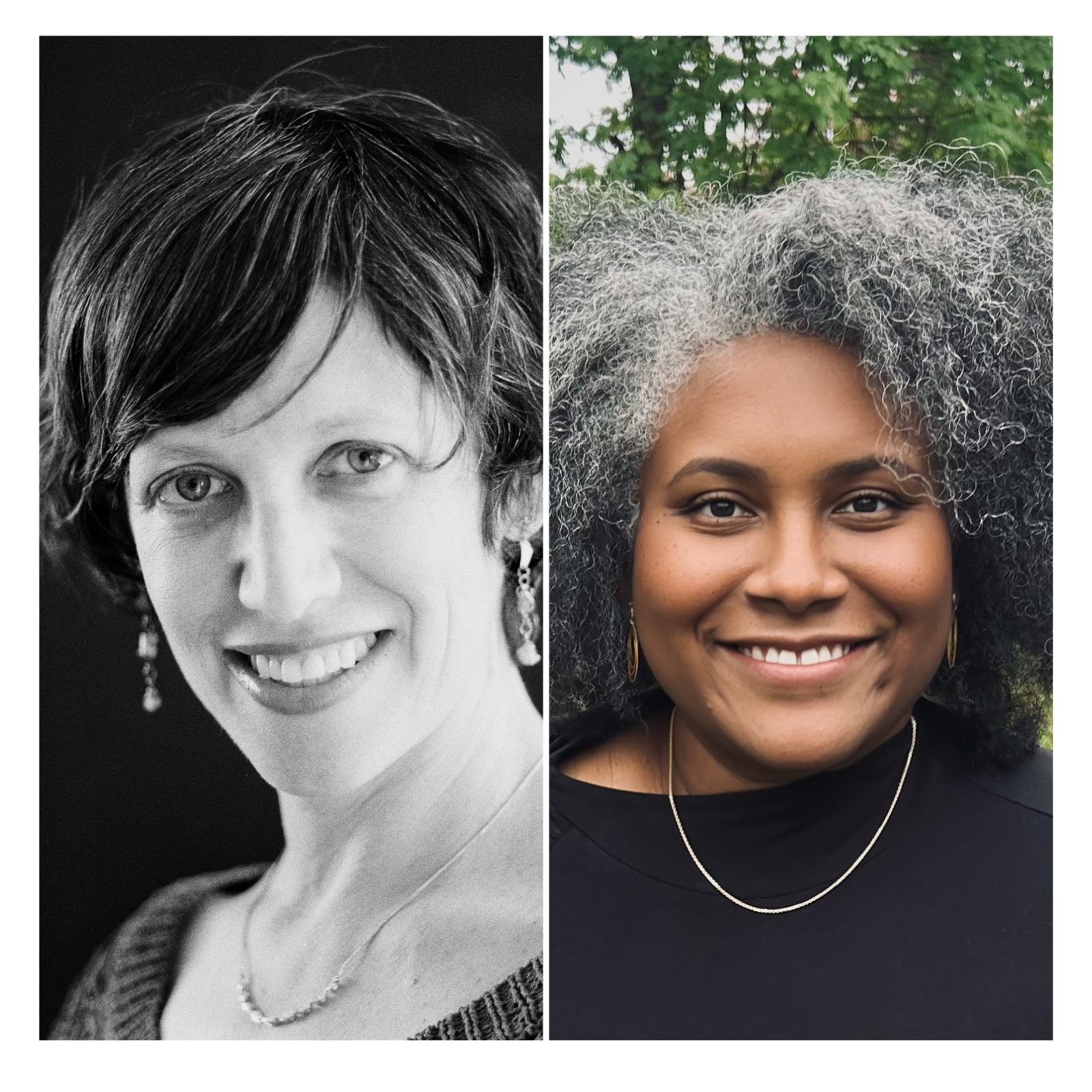Funding Opportunities
Division 39 Marsha D. McCary Fund Grant for Psychoanalysis
The Marsha D. McCary Division 39 Fund for Psychoanalysis, named for the Fund’s founder, was established to increase public awareness of the benefits of psychoanalytic principles and treatments, and the applicability of psychoanalytic thought to clinical, organizational, and social problems.
The Marsha D. McCary Division 39 Fund for Psychoanalysis, named for the Fund’s founder, was established to increase public awareness of the benefits of psychoanalytic principles and treatments, and the applicability of psychoanalytic thought to clinical, organizational, and social problems.
Through the annual grants, the Fund seeks to recognize and promote the contributions of psychoanalysis to psychology as a science and profession. It encourages and supports programs in education, research, and service that will advance the profession and keep the psychological community and the public informed of developments in psychoanalytic scholarship, research, and practice.
The Fund hopes to focus on populations that are in need of support, such as early career professionals, students from diverse backgrounds, and therapists working with underserved populations.
More information about Division 39 (Society for Psychoanalysis and Psychoanalytic Psychology)
Eligibility
APF encourages applicants from diverse backgrounds with respect to age, race, color, religion, creed, nationality, ability, sexual orientation, gender, and geography.
Applicants must:
- have a demonstrated knowledge of psychoanalytic principles
- have a long term interest in communicating to the public the value of psychoanalytic principles and/or treatments.
- may be a practicing psychoanalytic therapist, but this is not a requirement
- demonstrate interest in communicating to the public the value of psychoanalytic principles and/or treatments
- agree that, if awarded a grant, they will give a follow-up report to the Evaluation Committee on the use and impact of the grant
Application Instructions
Application Materials:
- project proposal
- project timeline
- detailed budget and justification
- CV
- two letters of support
Evaluation Criteria
Applications will be evaluated on:
- impact of proposed project in increasing public awareness of the value of psychoanalytic principles and treatments
- quality, viability and promise of project
- impact of the grant funds on the overall project
For detailed application instructions including formatting and content, please create or log into your GivingData account and review the comprehensive application instructions in the portal. If you still need assistance after reviewing the portal, please contact APF Programs at programs@ampsychfdn.org.
Please be advised that APF does not provide feedback to applicants on their proposals.
Please review our Program FAQs for important details on the application process.

Recent Recipient
Drs. Leora Trub & Monique S. Bowen
Pace University & Antioch University
“Academics for the Advancement of Psychodynamic Psychology A2 P2: Preserving the impact of psychoanalytic and psychodynamic perspectives in academia and with the public”
Past Recipients
2024
Drs. Leora Trub & Monique S. Bowen, Pace University & Antioch University
“Academics for the Advancement of Psychodynamic Psychology A2 P2: Preserving the impact of psychoanalytic and psychodynamic perspectives in academia and with the public”
2023
Dr. Nicola Dawson, Ububele Educational and Psychotherapy Trust
“Sharing the Value of Psychoanalytically Informed Services for Alexandra Township, South Africa and Beyond”
2022
Stephanie Kors, PhD, Harvard Medical School, Cambridge Health Alliance
“Effectiveness & Empirical Basis of Mental Health Curriculum in Introduction to Psychology Courses”
2021
Nicole Daisy-Etienne, PhD, Adelphi University
2020
Katie Lewis, PhD, Austen Riggs Center
2019
Linda Michaels, PhD, Psychotherapy Action Network
2018
Esen Karen, The City University of New York; Michael Palumbo, The City University of New York
2017
Francisco Gonzalez, MD, Psychoanalytic Institute of Northern California
2016
James Grabowski, LCPC, The Kedzie Center
2015
Felicitas Marie Rost, Tavistock and Portman NHS Foundation Trust
